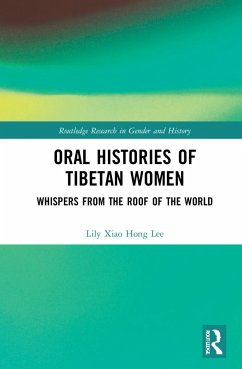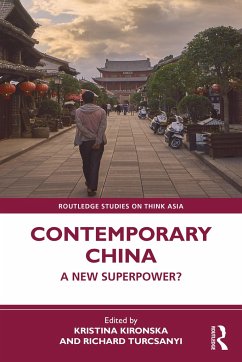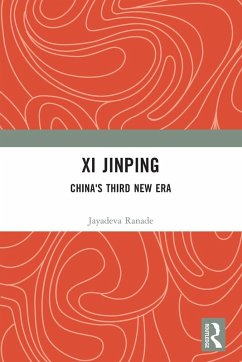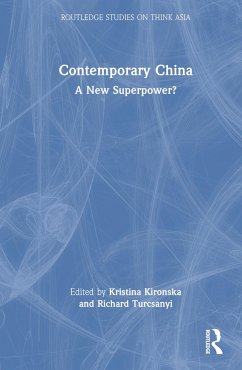
Boundaries and Borderlands
A Century after the 1914 Simla Convention
Herausgegeben: Acharya, Alka
Versandkostenfrei!
Versandfertig in 6-10 Tagen
45,99 €
inkl. MwSt.
Weitere Ausgaben:

PAYBACK Punkte
23 °P sammeln!
The Simla Convention of 1914, held between Great Britain, China, and Tibet, demarcated the border between India and Tibet and gave birth to the McMahon Line. This volume critically examines the legacy of the 1914 Convention and explores its relevance in scholarly discourse about the status of Tibet and Sino-Indian relations more than a hundred years later.The book discusses the significance of the Simla Convention, both in terms of the geopolitics of boundaries as well as the people and the liminal borderlands they occupy, encapsulating the culture and diversity of the trans-Himalayan regions....
The Simla Convention of 1914, held between Great Britain, China, and Tibet, demarcated the border between India and Tibet and gave birth to the McMahon Line. This volume critically examines the legacy of the 1914 Convention and explores its relevance in scholarly discourse about the status of Tibet and Sino-Indian relations more than a hundred years later.
The book discusses the significance of the Simla Convention, both in terms of the geopolitics of boundaries as well as the people and the liminal borderlands they occupy, encapsulating the culture and diversity of the trans-Himalayan regions. The book explicates how colonial legacies, namely, the 1914 Simla Convention, have become virtual straitjackets, hardening the positions on the boundaries between India and China. It also looks at the debilitating consequences of the nation-state framework on more substantial investigations of the borderlands. Rich in archival material and drawing from the authors' fieldwork inthe Himalayan regions, this book analyses muted voices of the inhabitants of the region to bring into focus the larger question of the political, economic, religious, ecological, and social life of the Himalayan peoples, which has enormous implications for both India and China.
This volume will be of interest to students of history, international relations, sociology, strategic studies, Asian studies, and anthropology.
The book discusses the significance of the Simla Convention, both in terms of the geopolitics of boundaries as well as the people and the liminal borderlands they occupy, encapsulating the culture and diversity of the trans-Himalayan regions. The book explicates how colonial legacies, namely, the 1914 Simla Convention, have become virtual straitjackets, hardening the positions on the boundaries between India and China. It also looks at the debilitating consequences of the nation-state framework on more substantial investigations of the borderlands. Rich in archival material and drawing from the authors' fieldwork inthe Himalayan regions, this book analyses muted voices of the inhabitants of the region to bring into focus the larger question of the political, economic, religious, ecological, and social life of the Himalayan peoples, which has enormous implications for both India and China.
This volume will be of interest to students of history, international relations, sociology, strategic studies, Asian studies, and anthropology.














